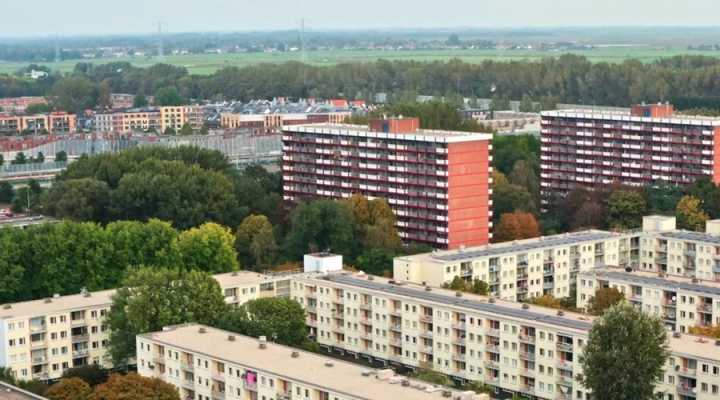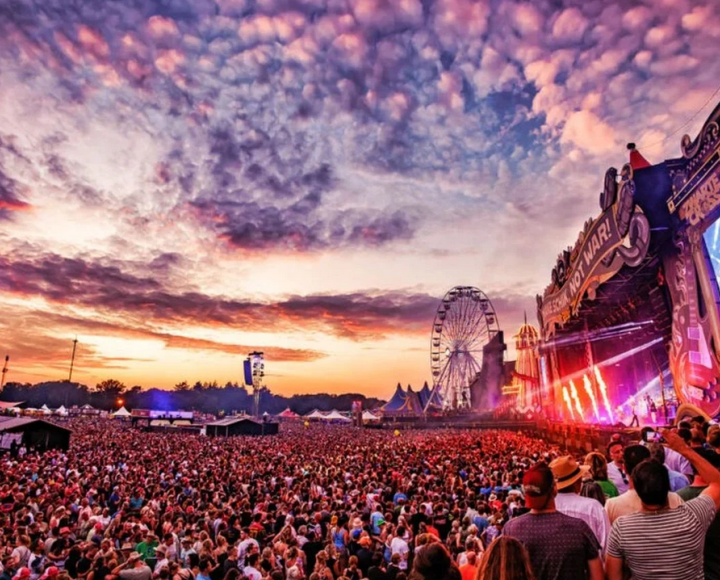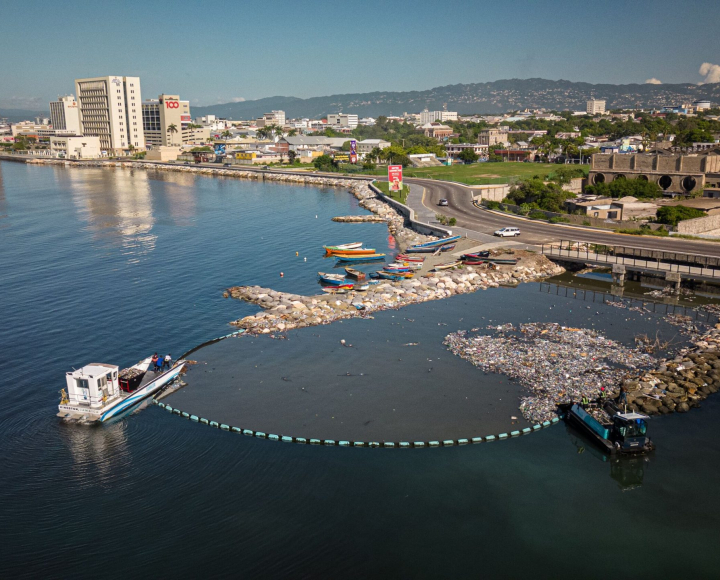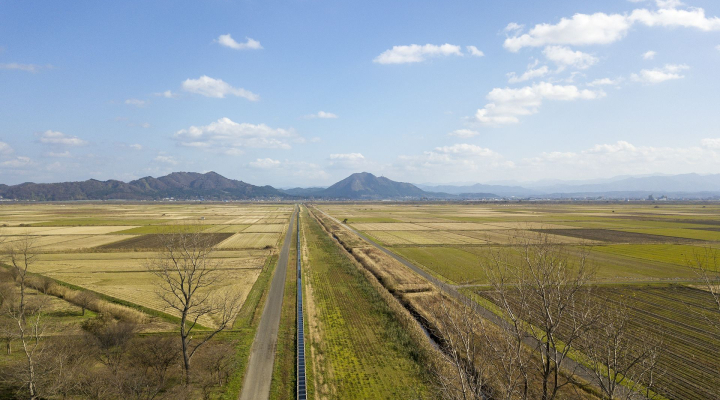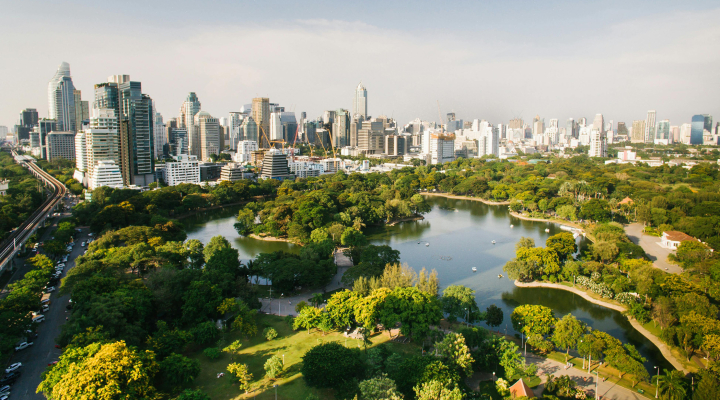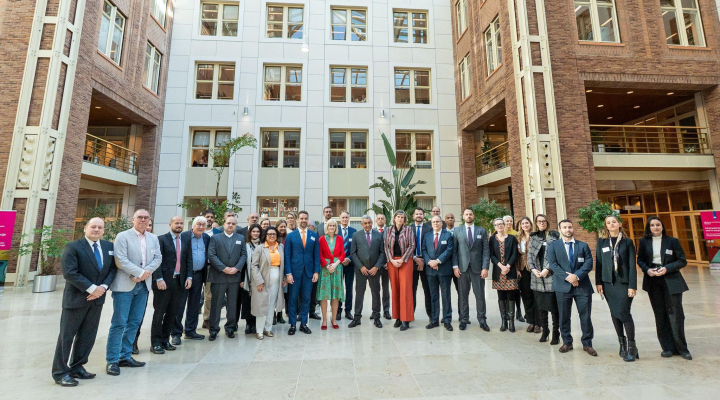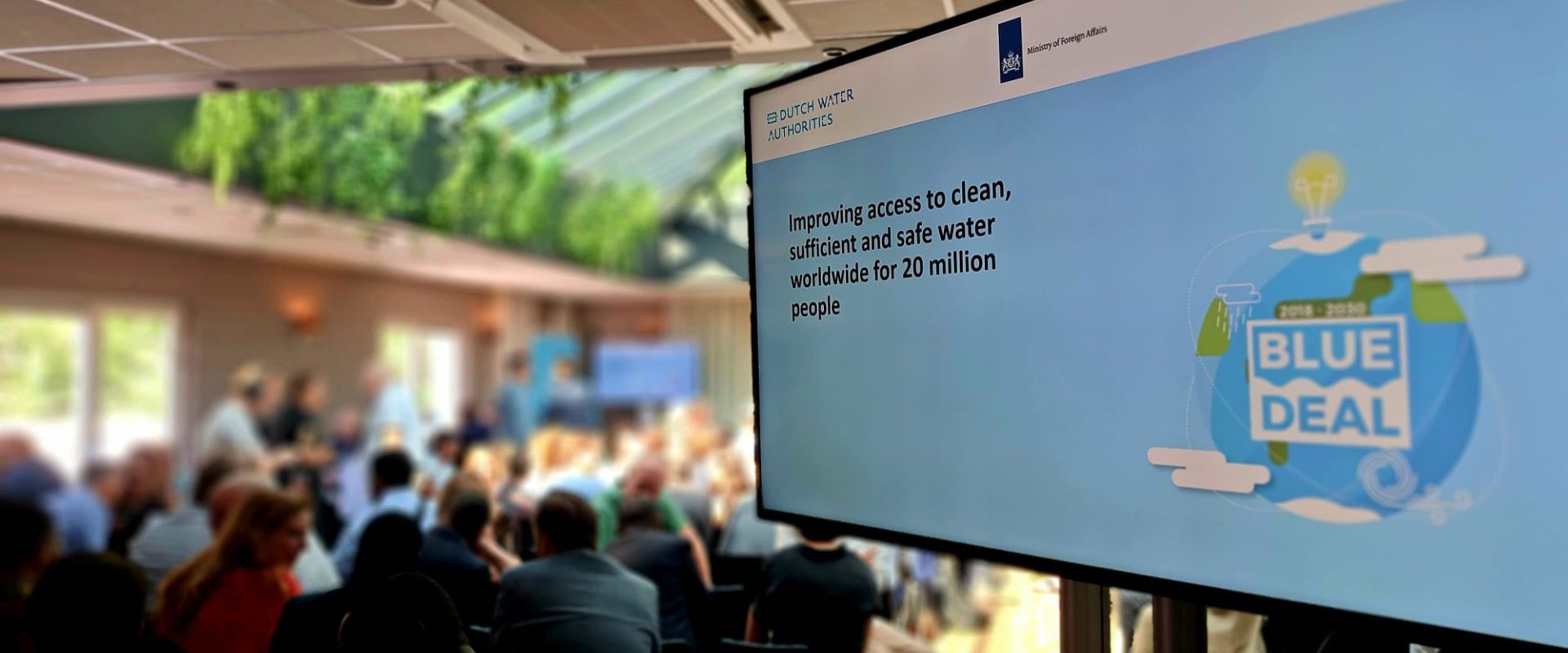
Sixteen international delegations at Blue Deal Congress
The Dutch Blue Deal Programme held its first Congress from 12 to 16 June in Amsterdam. International visitors representing 14 Blue Deal partner countries met the Dutch parties involved in the Programme, visited several water projects throughout the country and discussed some of the water challenges that countries worldwide are experiencing, including the Netherlands.
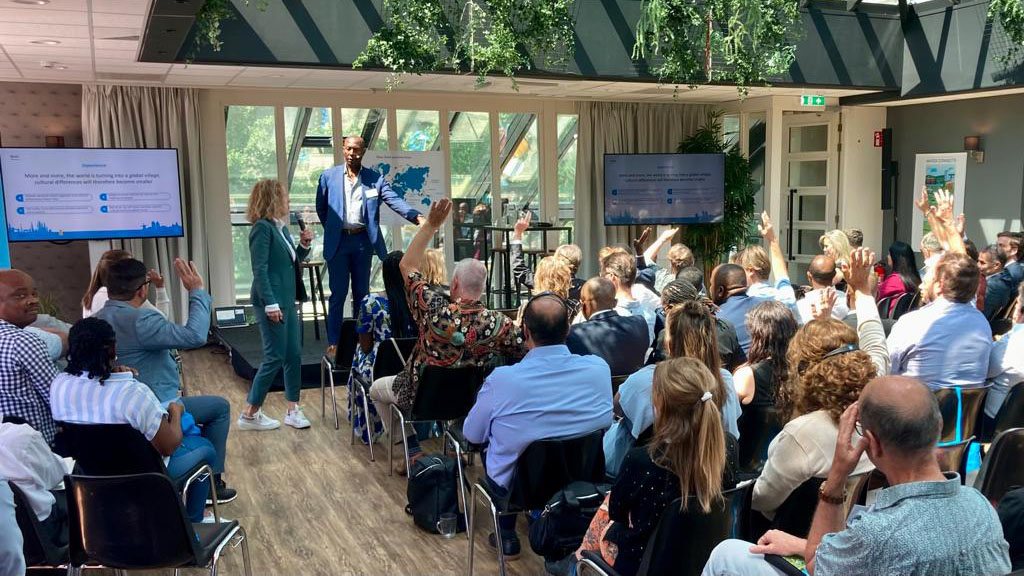

The Blue Deal is a joint international programme of the Dutch Ministry of Foreign Affairs, the Ministry of Infrastructure and Water Management, and the 21 Dutch water boards. Since its conception in 2018, the Programme has fostered partnerships and knowledge sharing with countries from all over the world with the aim to contribute to clean, safe and sufficient water for 20 million people in 40 catchment areas by 2030. Its first Congress gathered delegations from Argentina, Burkina Faso, Colombia, eSwatini, Ethiopia, Ghana, Indonesia, Kenya, Mozambique, Palestinian territories, Peru, Romania, Vietnam and South Africa.
Congress’ highlights
The Blue Deal Congress was designed to bring participating countries together, so that they could learn from each other and cooperate in water-related matters in the future. With this in mind, the Congress’s days were all about knowledge exchange. Amongst others, the programme included keynote speakers, thematic workshops and field trips.
The Dutch Delta Commissioner, Peter Glas, gave a presentation on water management in the Netherlands and addressed the challenges facing the country during the first day of the Congress. He mentioned how the Netherlands is moving from draining water to retaining it. Read recap (in Dutch) for more details.
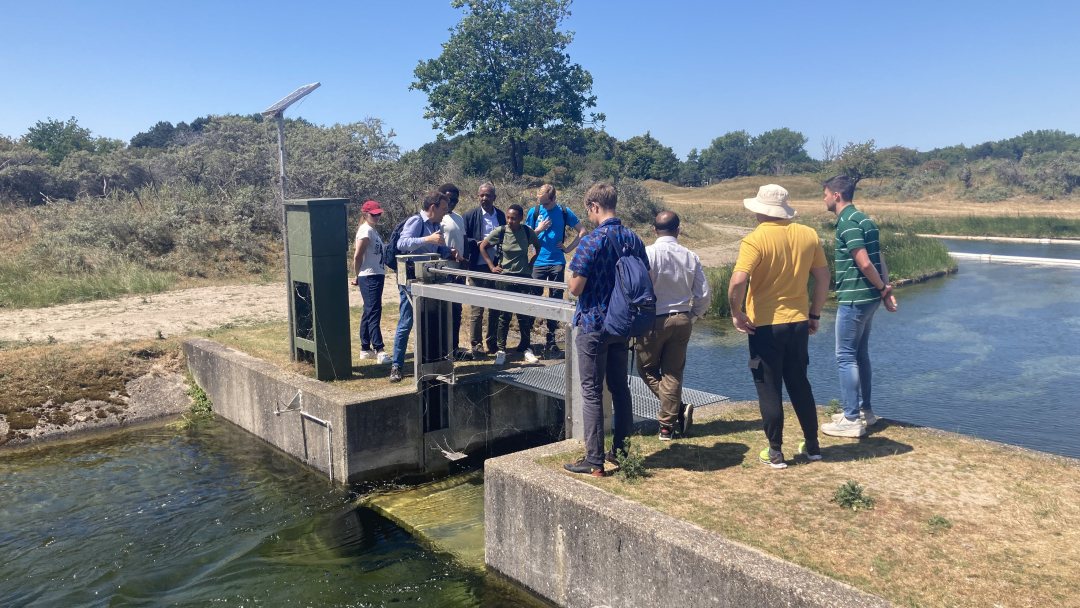

For the second day, delegates split into smaller groups to follow workshops on six topics that play a major role within the Blue Deal: water pricing, water safety management, stakeholder participation, urban wastewater management, nature-based solutions, and smart monitoring. Read recap (in Dutch) for more details.
After this, it was time to see Dutch water management in practice. Delegates could choose from an excursion to one of these three locations: Amsterdam’s water supply dunes, Markermeer’s dikes, or the artificial peninsula of the Sand Motor. Read recap (in Dutch) for more details.
The last two days of the Congress were reserved for the delegations to visit one of the 21 Dutch water boards.
Why the Blue Deal Programme?
Water managers all over the world are noticing the consequences of climate change. Floods, droughts and a lack of clean water are increasing worldwide. That is why there is an increasing demand for knowledge and expertise in the field of water management. And that is exactly what the Dutch water boards have to offer.
In addition to sharing their own knowledge, the water boards also collect knowledge from the partnerships in Argentina, Burkina Faso, Colombia, eSwatini, Ethiopia, Ghana, Indonesia, Kenya, Mali, Mozambique, Palestinian territories, Peru, Romania, Vietnam, South Africa. New ideas and experiences arise that can also be used in the Netherlands. For example, countries such as South Africa have years of experience with drought, something that is relatively new in the Netherlands.
Thanks to the long duration of the Blue Deal Programme, Dutch water boards can build sustainable partnerships based on equal cooperation. They focus on three crucial components of good water management: sufficient knowledge and expertise; a well-functioning organisation; and, collaboration with key stakeholders.
Visit the Blue Deal Programme’s website for more information.




